Texas has come to loggerheads once again with the federal government over an initiative to take the state’s immigration crisis into its own hands. This week, a federal judge nullified a contentious Texas statute aimed at criminalizing unauthorized entry into the state. This decision represents a critical juncture in the ongoing debate over immigration enforcement and states’ rights.
Senate Bill 4: Texas’s Attempt to Control Immigration
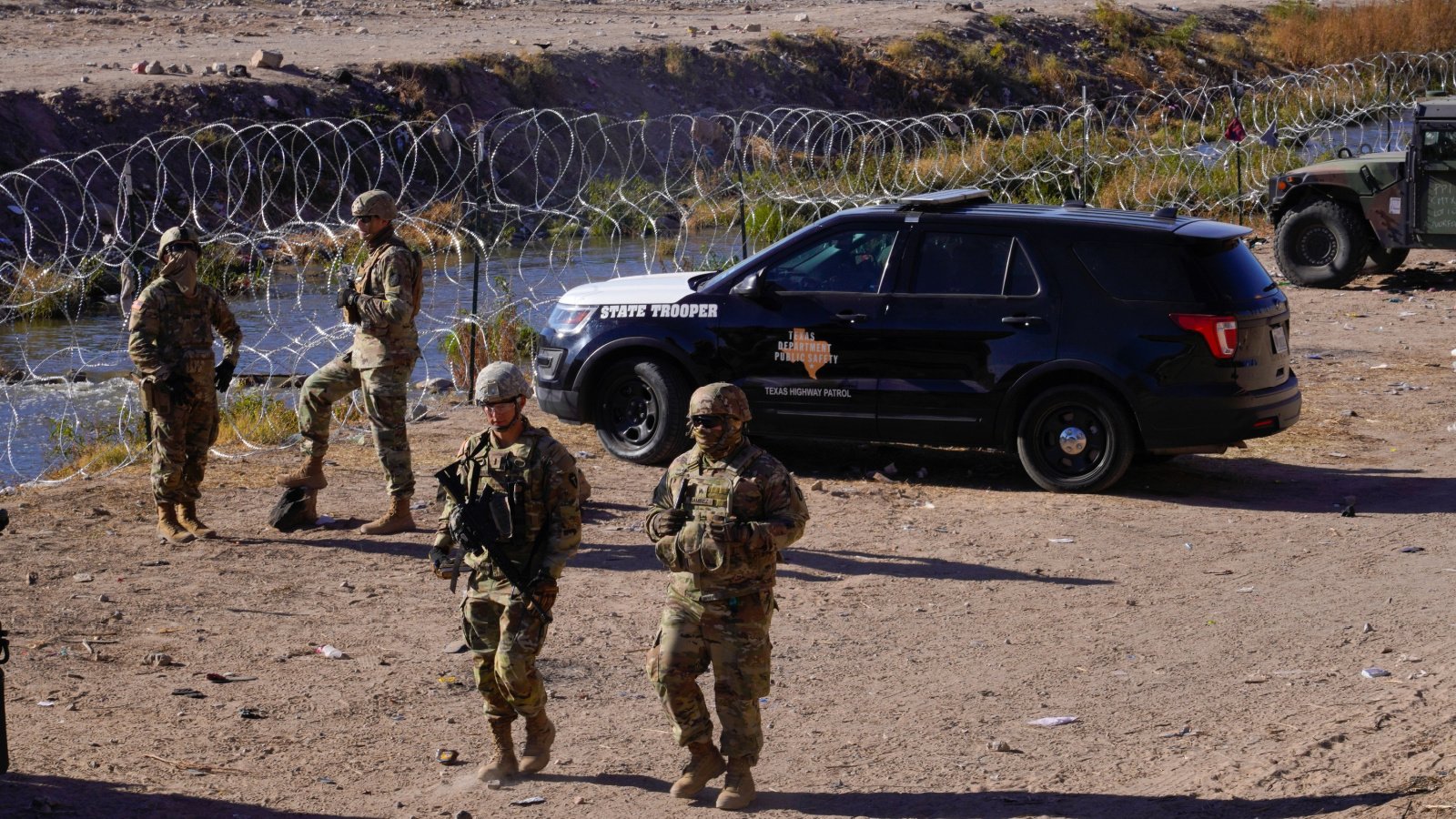
Senate Bill 4 (SB 4) was Texas’s aggressive measure to independently manage immigration enforcement, diverging from federal policies. The state legislature argued this was a response to what they termed an “invasion” of migrants, a characterization that sought to justify the state’s intervention in what is traditionally federal territory.
Judicial Rejection of SB 4

Federal Court Judge David Ezra delivered a comprehensive rejection of SB 4, grounding his decision in constitutional principles. He highlighted the Supremacy Clause and established Supreme Court rulings that affirm immigration control as a federal domain, beyond the reach of state legislation.
Constitutional Conflicts and Foreign Relations

Ezra pointed out the inherent conflict between SB 4 and federal immigration laws, emphasizing the potential negative repercussions on U.S. foreign relations and treaty obligations. His judgment underscored the delicate balance between national immigration policies and international diplomacy.
Immigration as Invasion: A Disputed Claim
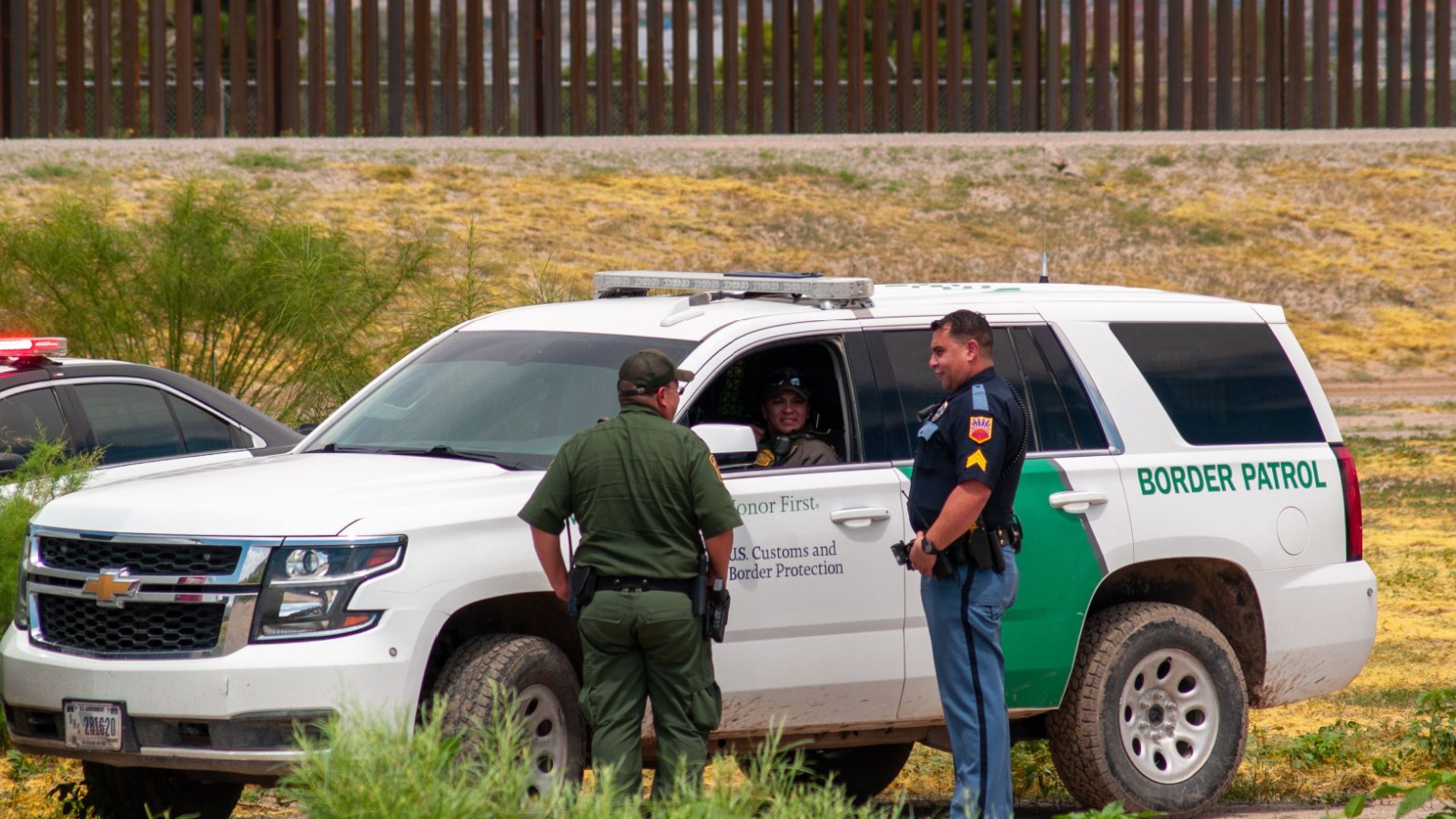
The judge firmly dismissed the notion that increased immigration equates to an invasion, a concept pivotal to the state’s defense of SB 4. This clarification rebuts the militarized language often used to describe migration flows.
Political Ramifications in Texas

This ruling poses a setback for the hard-right faction within the Texas Republican Party, particularly those allied with Governor Greg Abbott. Their focus on border issues has now encountered judicial pushback, signaling potential shifts in the political landscape.
Anticipated Appeal
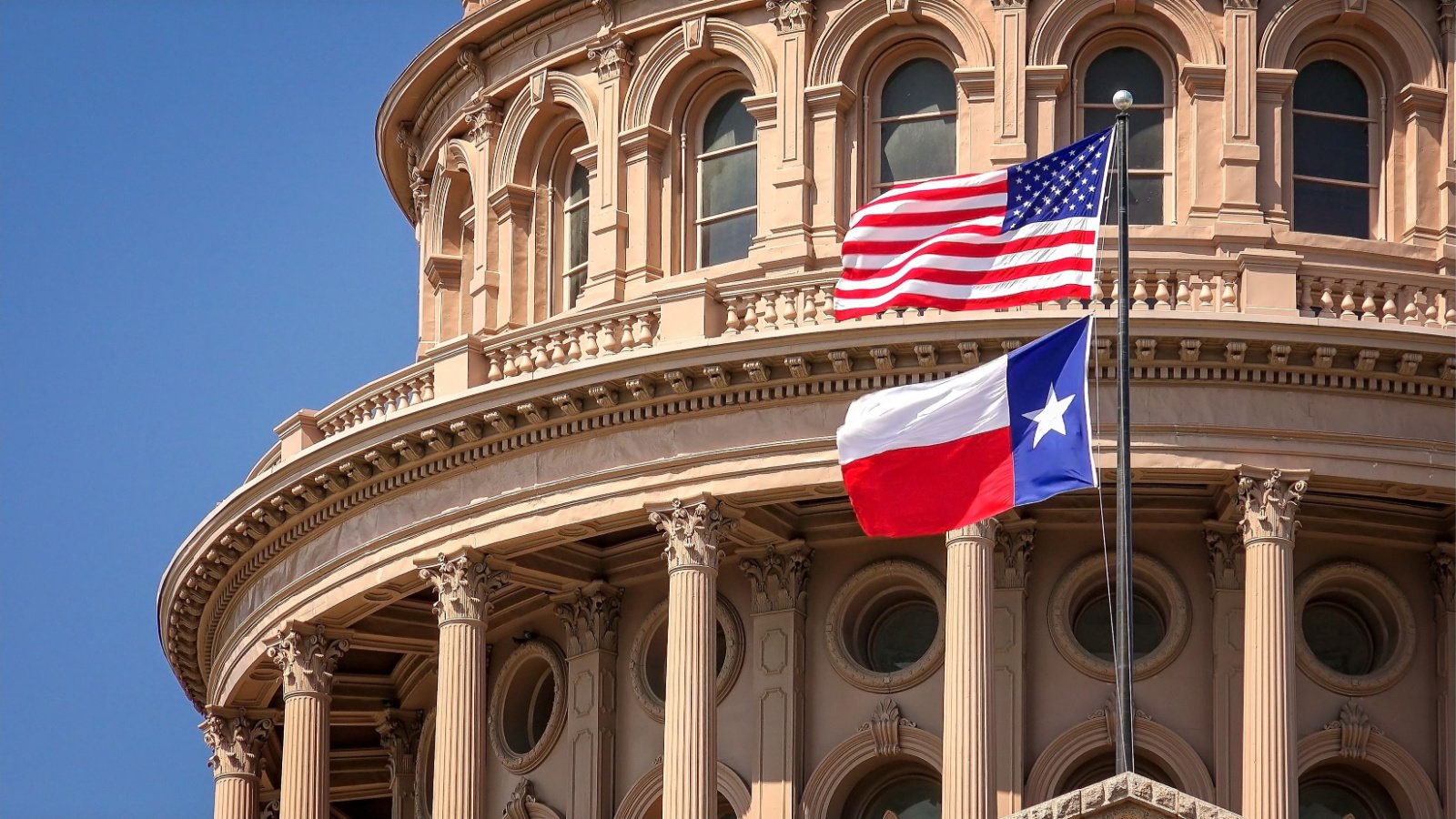
Given the controversial nature of SB 4, an appeal to the conservative 5th Circuit Court of Appeals is anticipated. This court has previously shown a willingness to entertain the argument that unauthorized immigration constitutes an invasion.
Legislative Context of SB 4

SB 4 was part of a broader legislative effort by Texas to assert more control over its border security, including the establishment of a state border force and the construction of its own barrier. These actions reflect the state’s frustration with federal immigration policies.
Impact on Law Enforcement and Legal Concerns

The law aimed to grant broad powers to state and local law enforcement to detain and potentially deport undocumented immigrants. Critics argue that this blurs the lines between state and federal responsibilities and raises serious constitutional questions.
Texas’s Border Operations and Legal Challenges
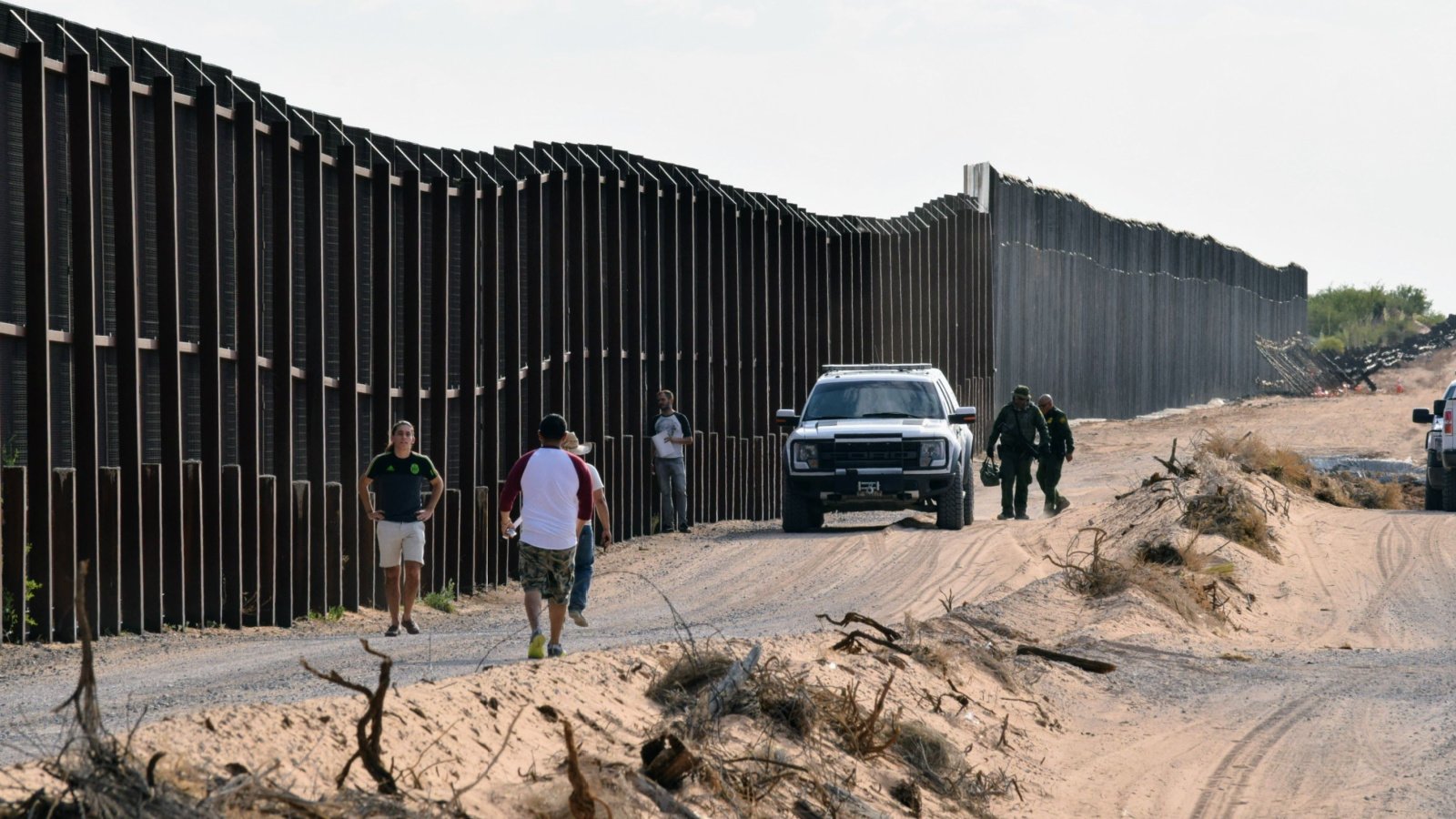
Since initiating its border operations in 2021, Texas has seen a significant number of migrant apprehensions and arrests for criminal trespassing. These measures have been challenged by the federal government and civil rights organizations as overreaching into federal jurisdiction.
Local Impact and Judicial Concerns

Counties like El Paso voiced concerns over the law’s local impacts, including overcrowded jails and strained relations with Hispanic communities. The potential for racial profiling and the law’s broad enforcement mandate were particularly troubling to local officials.
Racial Profiling and Enforcement Issues
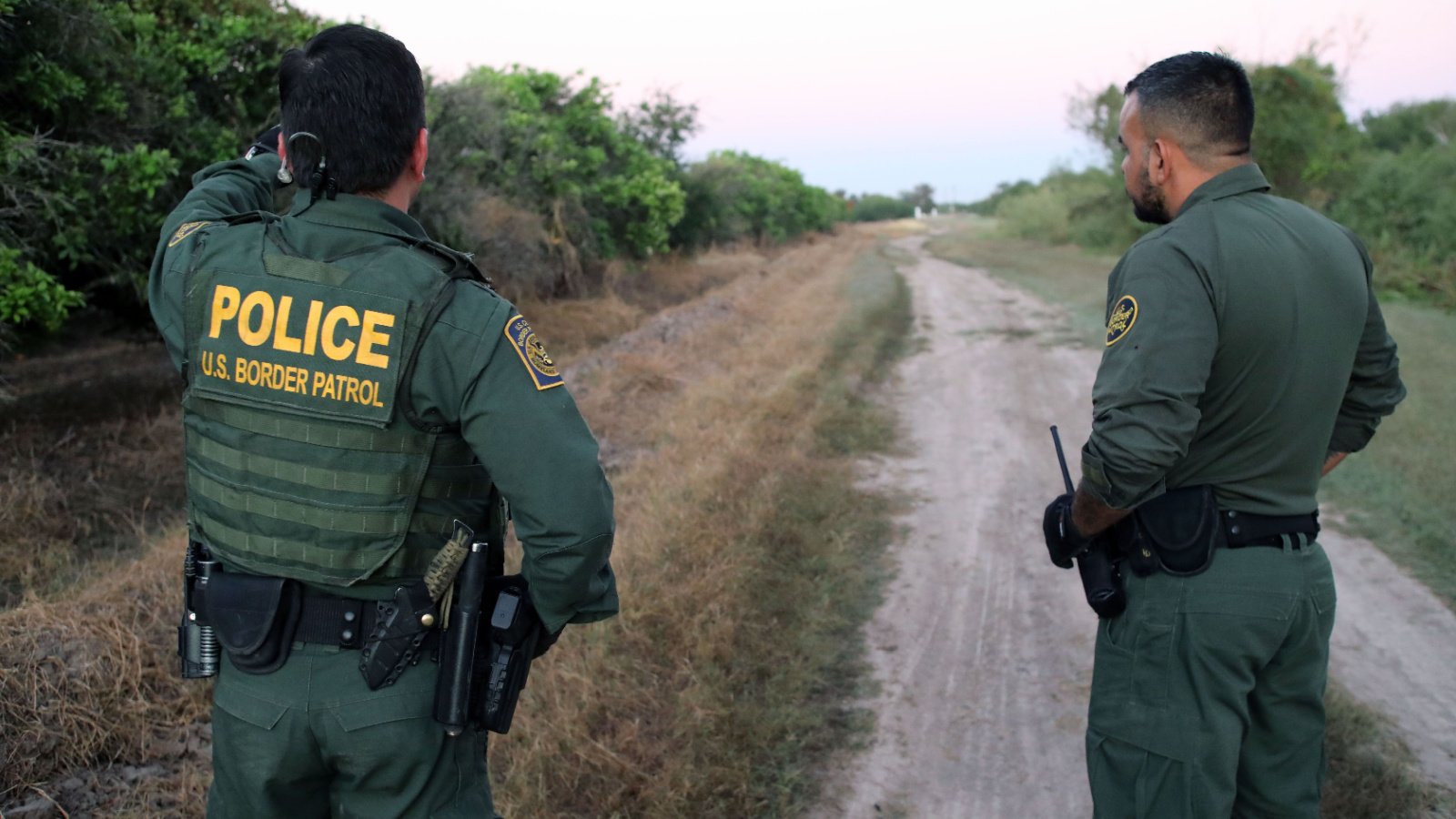
Critics, including county officials, have raised alarms about the law encouraging racial profiling and indiscriminate enforcement. The lack of specific protections for minors or family units in SB 4’s language was a point of contention.
Mixed-Status Families and Community Fears
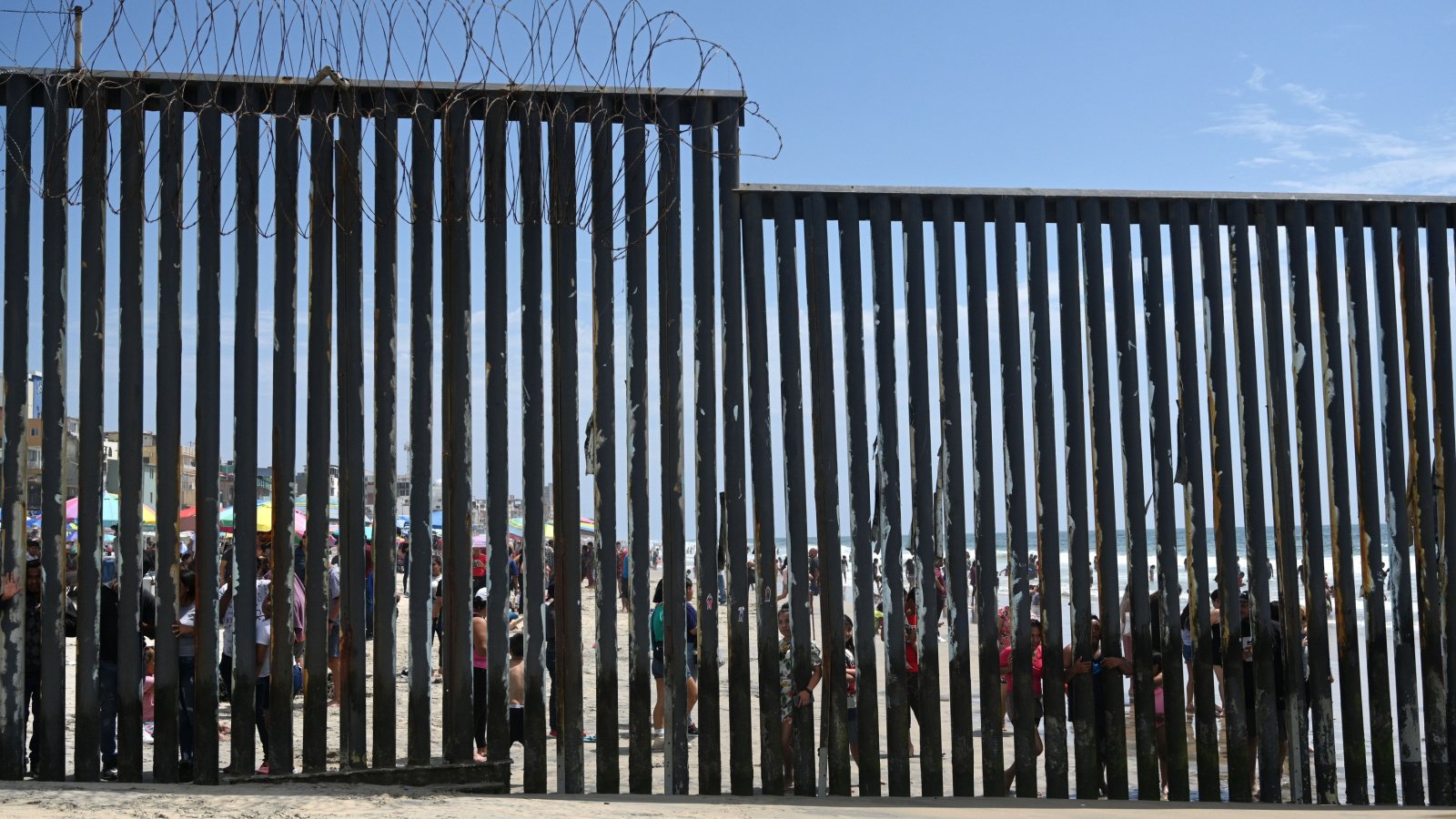
The law’s implications for mixed-status families, where members may have different immigration statuses, were a major concern. The fear of family separation and the chilling effect on reporting crimes were highlighted as detrimental outcomes of SB 4.
Looking Forward: Legal and Political Implications
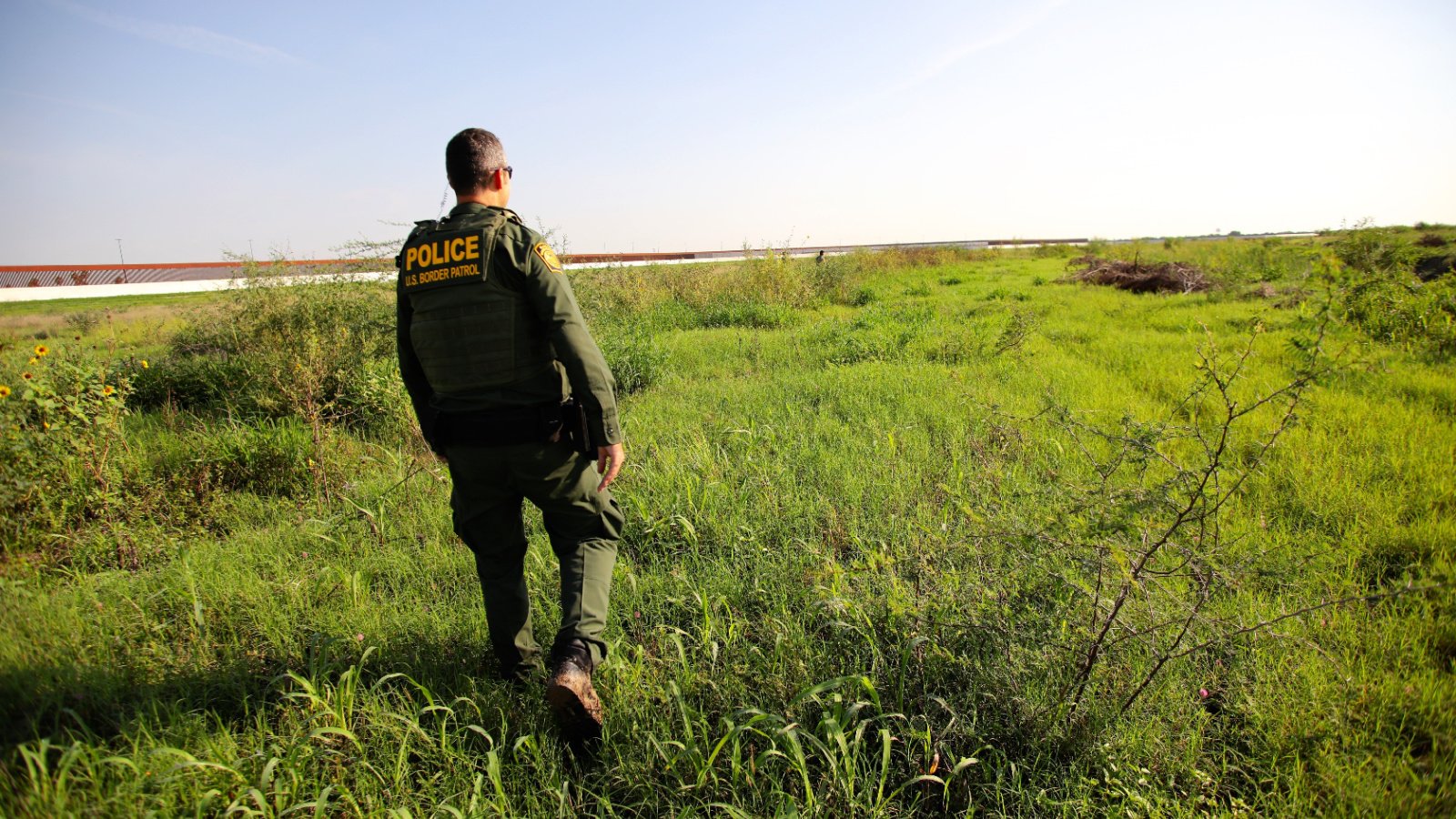
As Texas likely moves to appeal the ruling, the battle over SB 4 underscores the ongoing tension between state initiatives and federal immigration authority. The outcome of this legal confrontation will have significant implications for immigration policy and state-federal relations in the United States.








Awesome post! Join the fun at https://www.xjl-owhatsapp.com 在 WhatsApp 網頁版中,您能輕鬆設置消息定時髮送。 . Date: 2026-01-14 16:18:22 (-03).